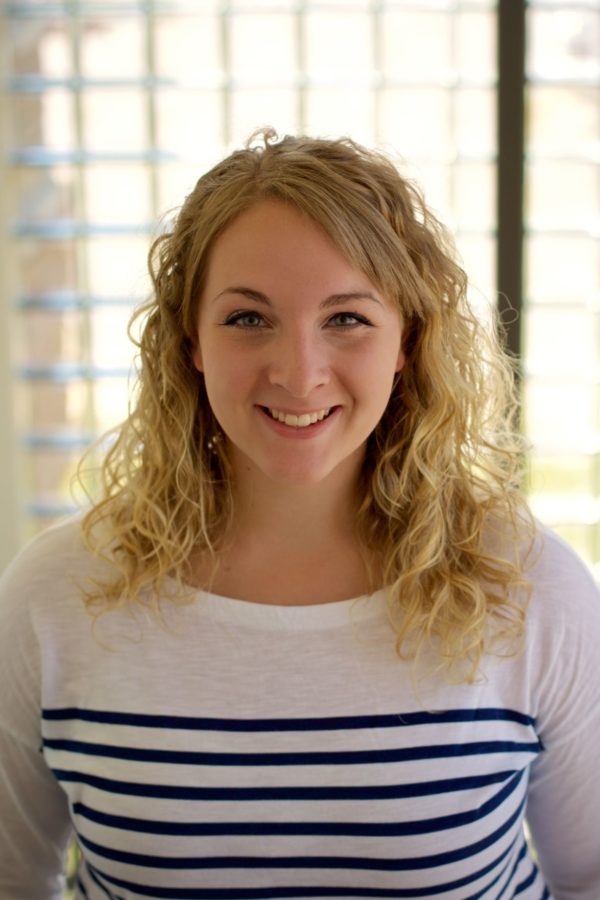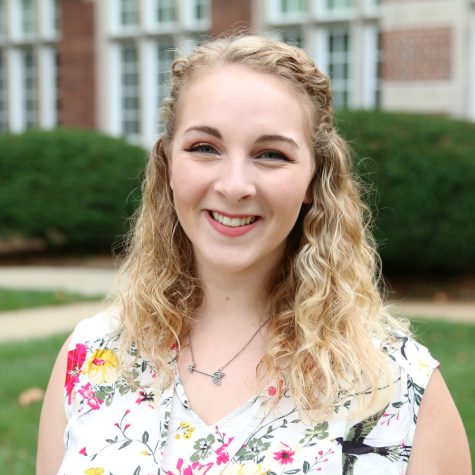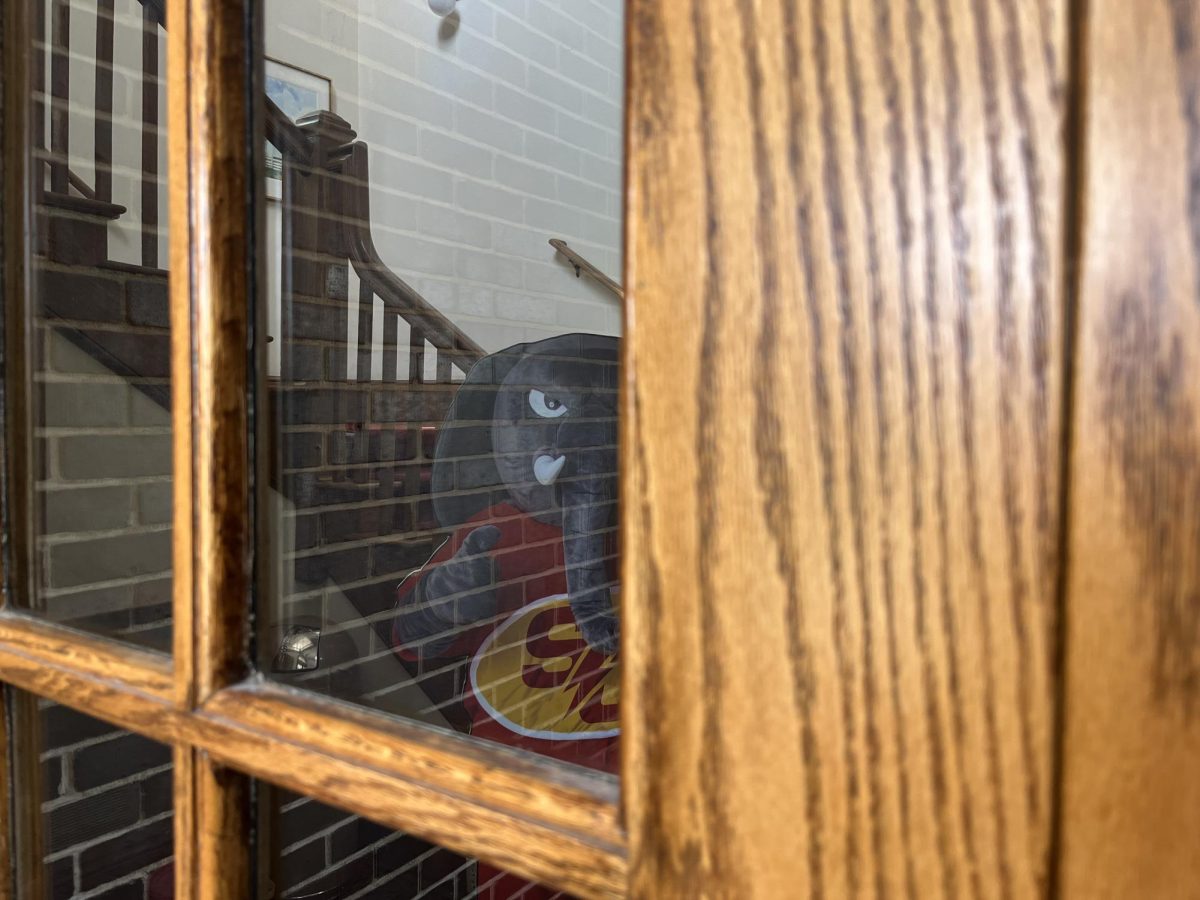PERSPECTIVE: The sex ed I never received
March 21, 2016
We all remember the awkward section of high school health class when the teacher had to address sex. The problem is that one of the most important lessons either isn’t discussed enough or even at all.
We talk about safe sex, but we rarely talk about an essential part of sex: consent.
Between SARA and the Agents of Change, Simpson College does an excellent job of educating students on consent, and I’ll forever be thankful for that. But, for me, this was an education I received too late.
It wasn’t until watching the Agents of Change performance at the beginning of the school year that I realized I had been sexually assaulted by one of my ex-boyfriends three years prior.
That was three years of me believing I had done something wrong.
And, let me tell you, that was three years too long.
When I thought of sexual assault before, I only thought of rape. There were no other forms in my mind.
I thought my discomfort with the incident with my ex-boyfriend was simply me being naïve. It would pass with more experience. I thought what had happened was normal.
There is so much wrong with that thought. Unfortunately, I think it’s a thought far too many women – and men – have in these types of situations.
Would it have happened if I had learned about consent and sexual assault sooner? Maybe, maybe not. But at least I would have known.
I would have known how I could have shut it down. I would have known that nothing I did made it happen. I would have known that it wasn’t my fault.
Since coming to Simpson, I’ve learned and realized these things, and I’m finally experiencing the freedom of living in that knowledge.
Luckily, the issue of sexual assault has been gaining more attention in mainstream media. Vice President Joe Biden has been advocating for the It’s On Us campaign for quite some time now, especially at schools around the country. Last month, Biden and Lady Gaga teamed up for a moving performance at the Oscars featuring survivors of sexual assault.
But not everything surrounding it in the news lately has been positive. Last month, Kesha lost a legal battle to get out of her contract with her Sony producer, Dr. Luke, who she claims sexually and mentally abused her. Several other celebrities spoke out in support of Kesha during this tragic time.
Before we teach teens how to have safe sex, we must first teach them to distinguish when sex is OK.
Not all sex is bad, but only when both parties are consenting can sex even begin.
My hope is that this media attention brings the issue into high school health classes. I hope it sparks discussion. I hope means we stop ignoring the conversation just because it’s uncomfortable.







